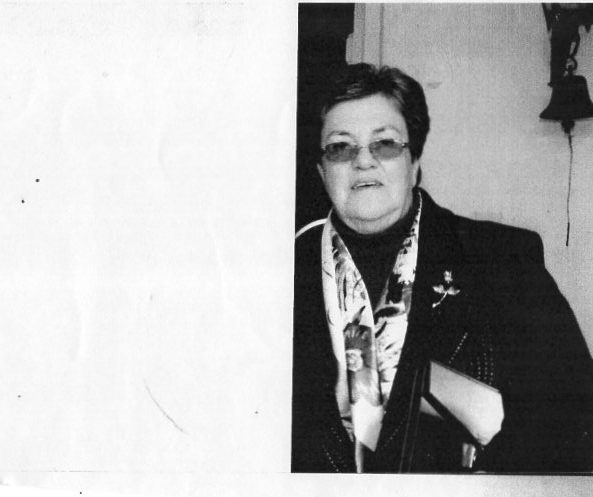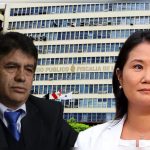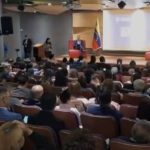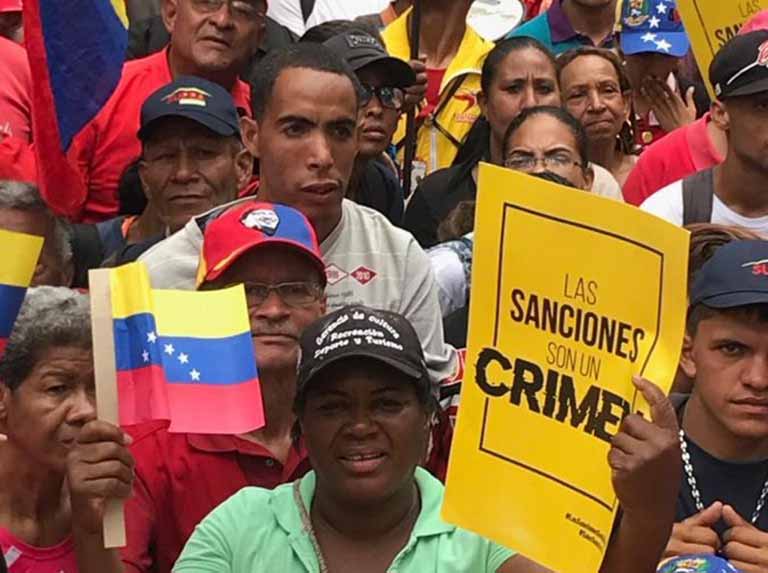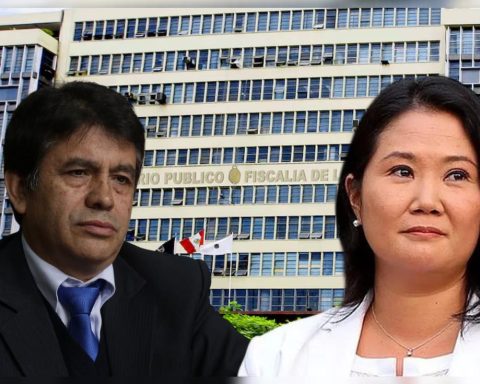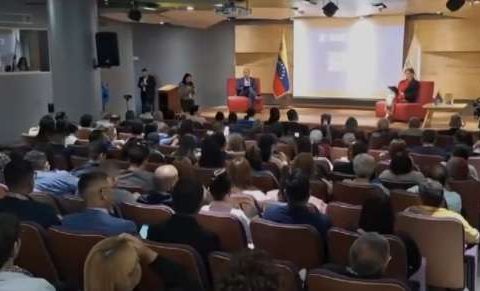In 1820, when José Artigas crossed the Paraná through the Itapúa Pass (Itapúa, is located about 70 Km Paraná (Alto Paraná) above, from the IPAIPÚ Dam; between Brazil and Paraguay), he had lost his armies (“the people in weapons”) and only lancers and lancers of African descent (Artigas-cuá) accompanied him.
He didn’t know if he would get help in his sister town; He also did not imagine that he was beginning a thirty-year exile, an exile that meant “forgetting” for 30 years, but his ideas triumphed beyond what arms and centralism denied him. He left without military forces, defeated, but he carried with him the spirit of the Revolution and left the deep imprint of his ideals that would make up the two homelands of La Plata.
Because if we are Republicans, he laid the foundations of the system in these lands; with him the subject ended and the citizen who sustains the most sacred respect for freedom, equality and popular sovereignty was born. He himself called himself a citizen and made this character predominate over the subject, which means changing the republican system, replacing the monarchy.
Let us think of the Chief of the Orientals, the leader of a people who gave him the responsibility of organizing it at the historical moment in which he resumed his sovereignty. First he was the military chief, but later it was necessary to organize the “new order” for the territories, fighting for independence. José Artigas elaborates an innovative proposal, (not original) adapted to the reality of the River Plate, according to the “new ideas” in force in Europe (not because he visited the old continent) because he read them or heard them say from his enlightened friends (many priests formed in eighteenth-century thought).
He developed his “system” in full struggle, with gaps, with doubts and queries, but with great knowledge of the environment and its people. Realistic and mature in his concepts, he used correct terms such as sovereignty, independence, federation, security, freedom, equality (widely because he did not exclude ethnic groups or cultures, nor was he a census taker). His ideas have given him victory, which the weapons denied him.
On August 20, 1855, Dr. Estanislao Vega and his wife exhumed his remains, by order of the Uruguayan government, to repatriate them. They arrived in September of the same year. The urn was taken with strong military custody to the Island of Liberty, waiting for the end of political conflicts, to bury it. In November 1856, the remains were taken to the Matriz Church and then to the Central Cemetery.
The extensive time in which it took to carry out the aforementioned generated disagreement among some Easterners. Among them was Leandro Gómez, who published his protest in the press. He asked for the funerals to be expedited and a tombstone to be placed with this text: “Always patriotic, always honest, always poor, to the grave”.
And the star told him
“Don’t go back to the place where the men are still.”
“Sink, forever, in the silence of the jungles.”
“You have been the Liberator, the Civilizer, the Legislator,
the most rebellious driver of these towns,
the warrior, the quintessential democrat
of all these regions.
“Do not come back. You will always come back.”
“What else can you expect now?”
“With the mud of the slave you made us the jewel of Man”.
“You are alone in front of the universe, in misery,
defenseless as on the day you were born,
defeated but untamed,
in front of an immense river of America”.
“If you come back now, it will be to make the blood run
to torrents. The blood of your brothers.”
“A cyclical wall, of interests, of armies,
of implacable enemies,
stands between you and the past.”
“Do not come back. You will always come back”.
It belongs to the work “Artigas y el Astro” by the Poet Emilio Oribe, written especially for the inauguration of the Monument that is located in the Plaza Constitución de Melo (October 22, 1950).
Prof. Teresita Pírez
